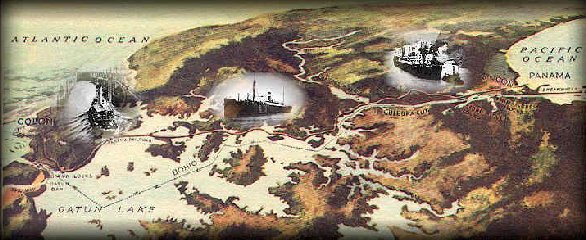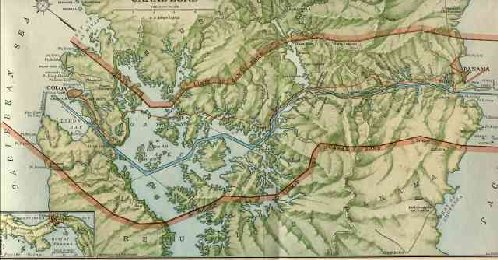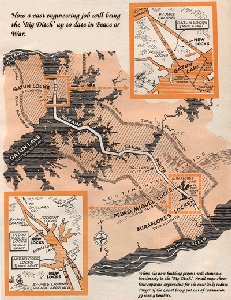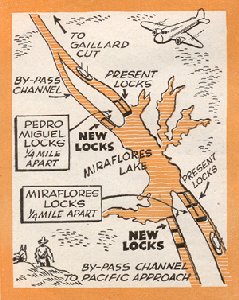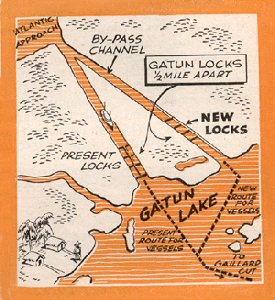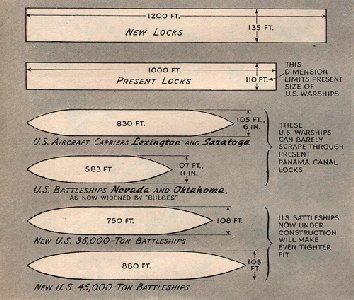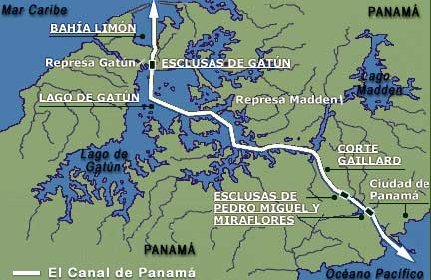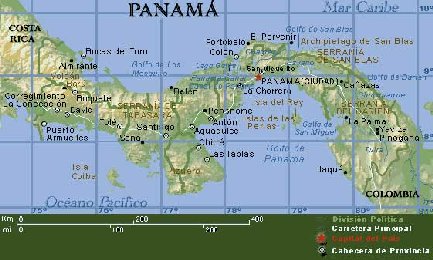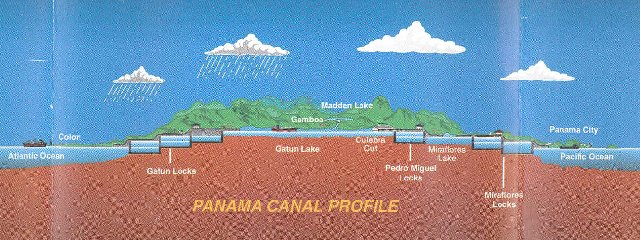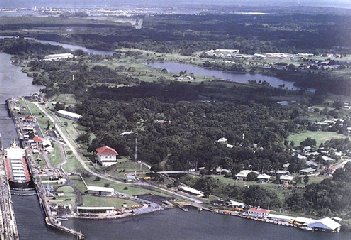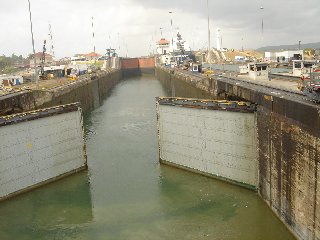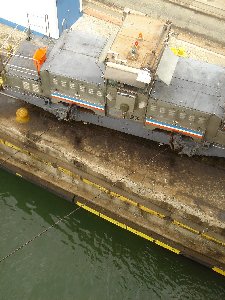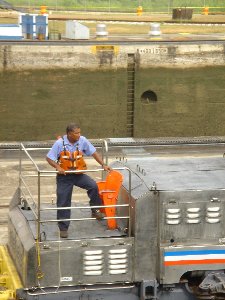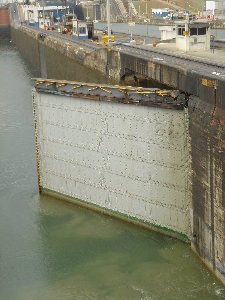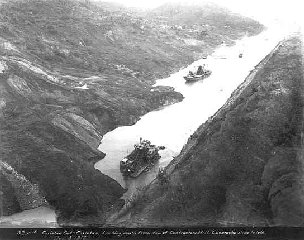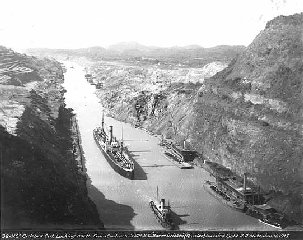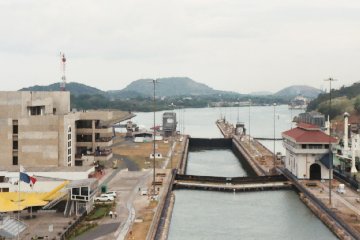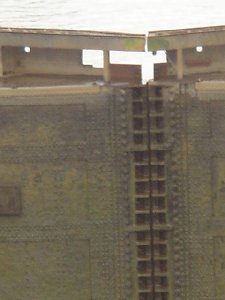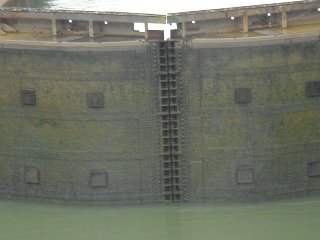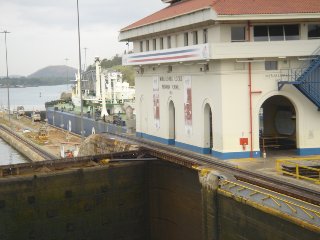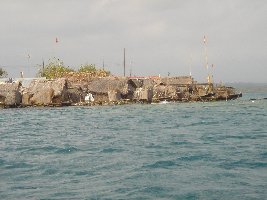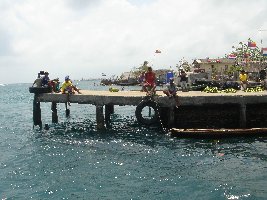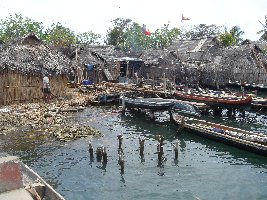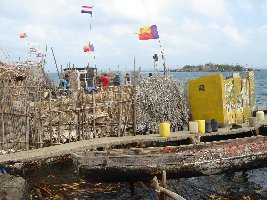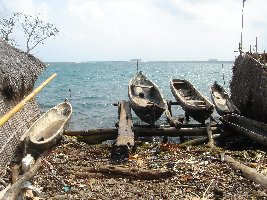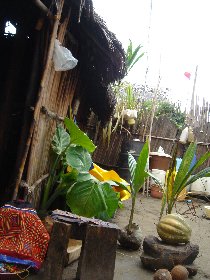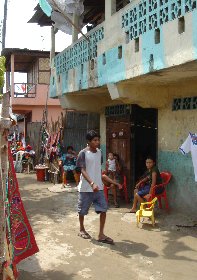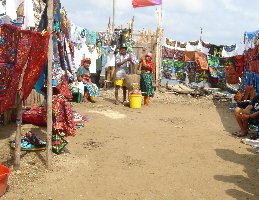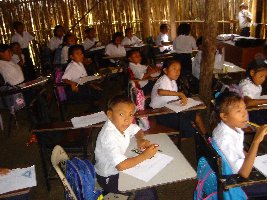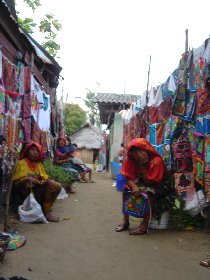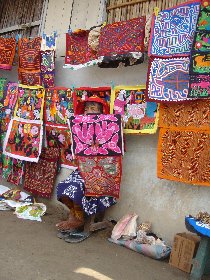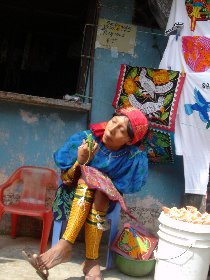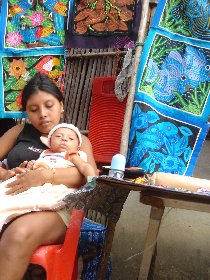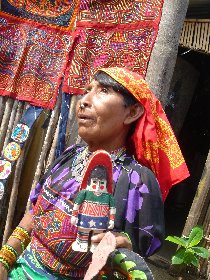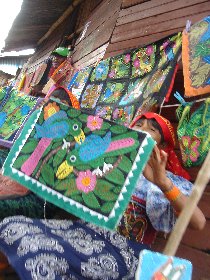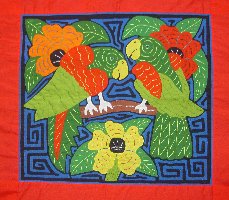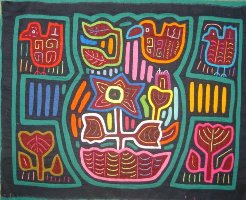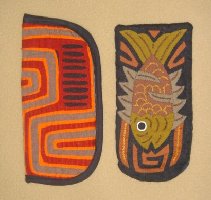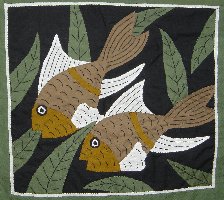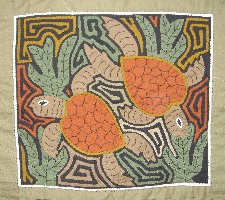Kuna
Indians of the Archipelago de San Blás, Panama
The Kuna Indians, along with the Caribe Indians on Dominica, are the
only indigenous people in the Caribbean to have been able to totally
preserve their unique culture. The Kuna live in thatched huts on
about 40 of the nearly 400 islands of the San Blás archipelago
in Panama and they rule their own autonomous province.
Uninhabited islands are occupied by sea turtles, iguanas, coconut
trees, and by a single caretaker who guards the all-important coconut
trees. The islands are small creations of sand and palms that
barely rise enough above the sea to escape complete inundation from
breakers during storms. Sometimes huge storms, called chocosanos,
do overrun the islands. Kunas warn of approaching storms by
blowing into conch shells. Coral reefs to the north and east
usually prevent destructive waves from striking the islands.
The Kuna, who number about 70,000, are said to be the second smallest
people in the world after the pygmies of Africa. Until the late
1990's, the currency of the Kuna was coconuts. The mode of
transportation between the islands and mainland is by cayuco, a dugout
canoe made from burned and hollowed out giant tree trunks taken from
the mainland.
The colorful native dress and appearance of the Kuna is absolutely
authentic, not a show for tourists. The pattern of Kuna
life in the natural beauty on these unspoiled islands harkens back to
an era that time has forgotten. The islands are totally free from
wild animals or snakes and have a perfect, breeze cooled tropical
climate. Life of the Kuna is as simple and uncomplicated as it
appears as it is one of the truly ancient cultures that has
magnificently withstood the test of time. Images below were taken
on the San Blás island Carti supupu.
The Kuna make and sell “molas”.
Mola is the Kuna word for
blouse. Molas are are hand-stitched fabric panels which hang from
clotheslines that seem to stretch from one end of a village to the
other. The molas are brilliant in color and are typically used
for wall hangings, pillow covers, bags, and decoration for
clothing. A mola is typically made from squares of cotton fabric
that are laid atop one another. Cuts are made through the layers,
forming the basic designs. The layers are then sewn together with
tiny, evenly spaced stitches to hold and fix the design in place.
Kuna women make molas in thematically matching but never identical
pairs. A pair will complete the front and back of a blouse.
|
